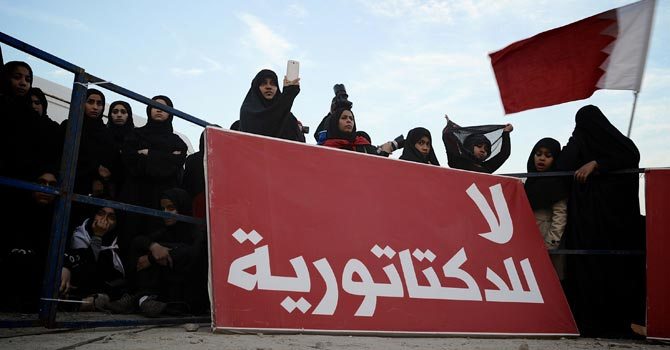GENEVA: World powers and Iran arrived Tuesday to carry on talks over Tehran’s disputed nuclear program for a second day, after what both sides described as a "constructive" meeting so far.
Discussions will centre on finding an agreement on a framework that could lead to "several sessions" of further negotiations, sources from both parties said.
After a 14-month break, the first day of talks in the Swiss city of Geneva were "constructive" and "forward moving", an Iranian official said.
Tuesday’s meeting would look at fixing "the framework for future discussions" although the "(nuclear) right of Iran will not be discussed.
A member of the Iranian delegation told AFP that on Tuesday, "we will talk about nuclear disarmament, non-proliferation and nuclear cooperation."
Western sources also said parties would attempt to hammer out an agenda for future discussions and described Monday’s talks as "good, constructive, and in a good atmosphere."
"If the negotiations have carried on for such a long time, it was because there were things to talk about," said one source, who added that a number of subjects were addressed, "including the nuclear dossier."
The two-day meeting 14 months after the last attempt to temper Iran’s uranium enrichment drive and fathom its true nuclear ambitions is taking place amid tougher international sanctions on Tehran.
Iran maintains that it is seeking nuclear energy for peaceful purposes.
But after repeated breakdowns in international inspections and the build up of uranium enrichment, Western countries suspect that the Islamic republic is engaging in a covert program to build nuclear weapons.
Iran on Tuesday urged world powers to show "courage" and recognize the country’s "right" to a nuclear fuel cycle, which includes enrichment.
"Acknowledging our nation’s right to have the fuel cycle can be a start for great cooperation among different countries in peaceful nuclear activities," foreign ministry spokesman Ramin Mehmanparast said in Tehran.
Meanwhile, Iran’s chief negotiator, Saeed Jalili was quoted by Iran’s Fars agency saying Tuesday that the "rights of Iran are non-negotiable."
"They can’t be part of the subject of discussions. The Islamic Republic of Iran accepts these negotiations only in the spirit of cooperation… and refuses all pressure," he said.
Iran triggered heightened concern in the West on Sunday by revealing it had taken a new step in the nuclear fuel cycle, producing its first home-grown batch of the raw material for enrichment, uranium yellowcake and making it "self sufficient," according to the country’s atomic chief.
The talks in Geneva brought together the European Union’s top diplomat, Catherine Ashton, and Iran’s chief negotiator Jalili, as well as officials from Britain, China, France, Germany, Russia and the United States around the same table at the Swiss UN mission building.
Jalili began the talks on Monday by making a vehement protest against the recent assassination of a top nuclear scientist in Tehran, questioning why the international group did not condemn it, according to an Iranian source.
He later held one-on-one meetings with the heads of the Chinese, Russian and British delegations.
Jalili also met Ashton for a working dinner on Monday night following the first day of talks to prepare for the second day.
European sources were not expecting the Geneva talks to produce instant results but hoping to re-engage Iran over the longer term.
Iranian leaders have in recent days reiterated their long standing line that Tehran’s nuclear "right" is non-negotiable.
Iranian Foreign Minister Manouchehr Mottaki nonetheless added on a visit to Athens on Monday that there were "certain shared positions where we could cooperate."
In Brussels, Israeli Ambassador Jeremy Issacharoff said his expectations for the Geneva talks were measured and claimed Iran was "trying to get more legitimacy for its nuclear program, it is trying to gain time."
In Bahrain, Gulf countries eyed the talks with skepticism. Emirati Foreign Minister Sheikh Abdullah bin Zayed al-Nahayan openly criticized the West for excluding Iran’s neighbors from the dialogue.


